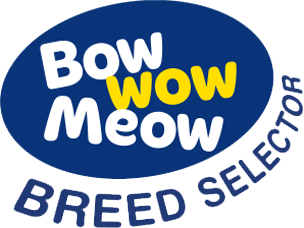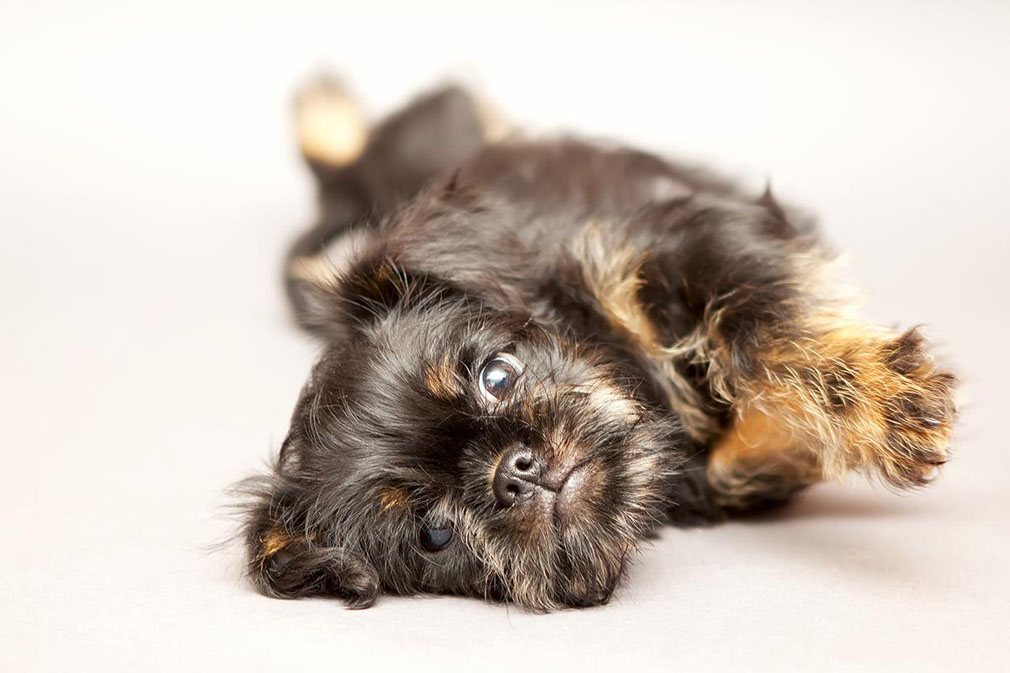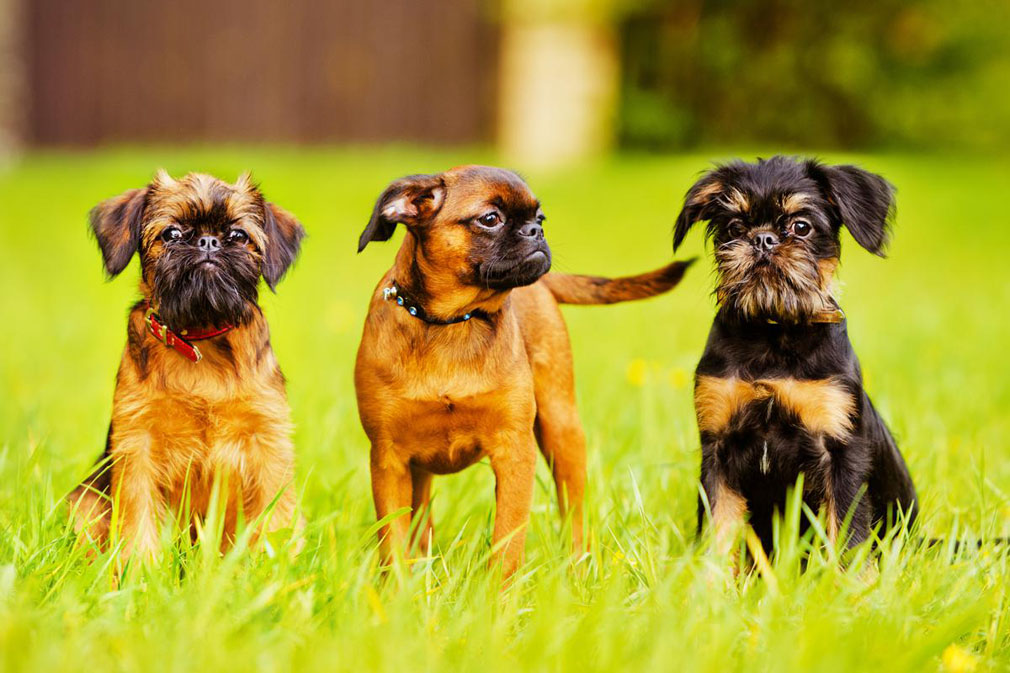Brussels Griffon


 Puppy
Puppy
 Fully Grown
Fully Grown
Brussels Griffons are small but confident little dogs that like to please and are quite easy to train. They are good companions that bond strongly with their humans, and can be great pets for families or older people.
They adjust well to any lifestyle but don't do well with being left alone at home. They would rather be part of the action - be it sitting for hours at your feet while you work or out at your local café.
Brussels Griffons have quite a unique look and some people say they look like a character out of Star Wars as their heads look over-sized compared to the rest of their body. Their face is quite flat and the thick fur above their eyes looks like eyebrows, which gives their face a human touch. Their fur is wiry at the end, which gives them a shaggy look.
While their unique look may not be for everybody, their easy going nature adapts well in all every situation.
| Weight: | 3-5.5 kg |
| Health risk: | Medium |
| Life expectancy: | 13-15 years |
| Coat: | Medium |
| Grooming intensity: | Medium |
| Monthly cost (food): | Low |
| Trainability: | Medium |
| Activity level: | Medium |